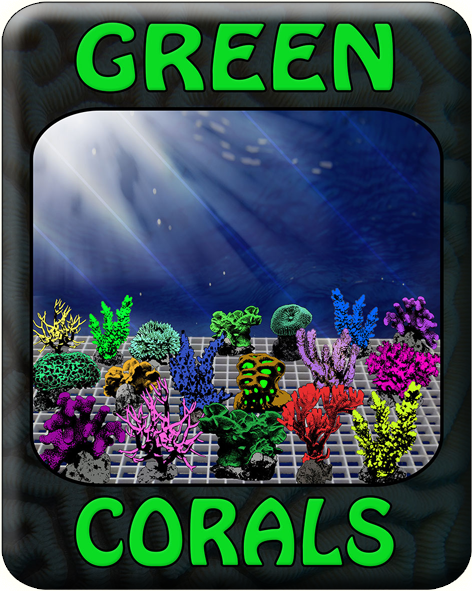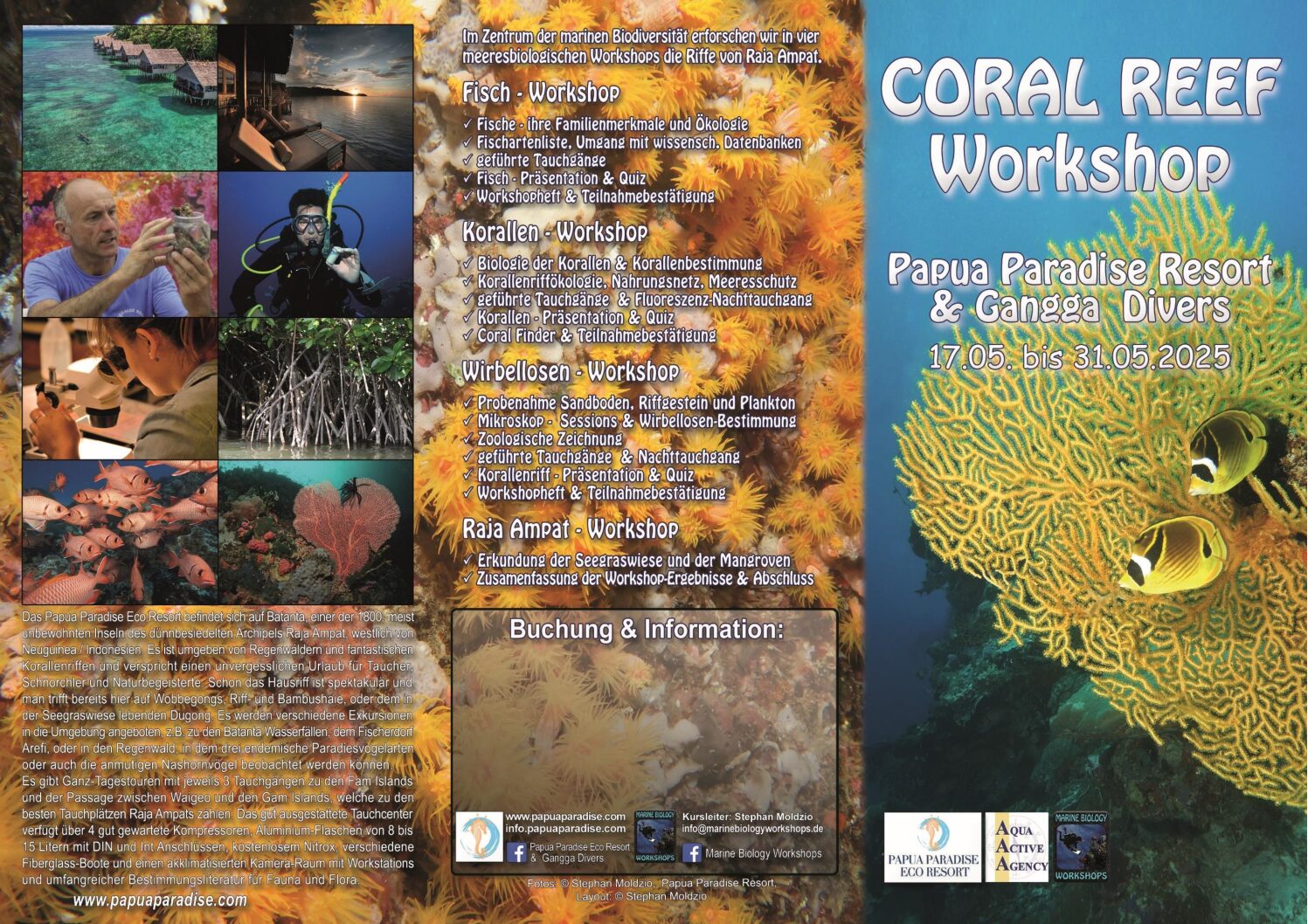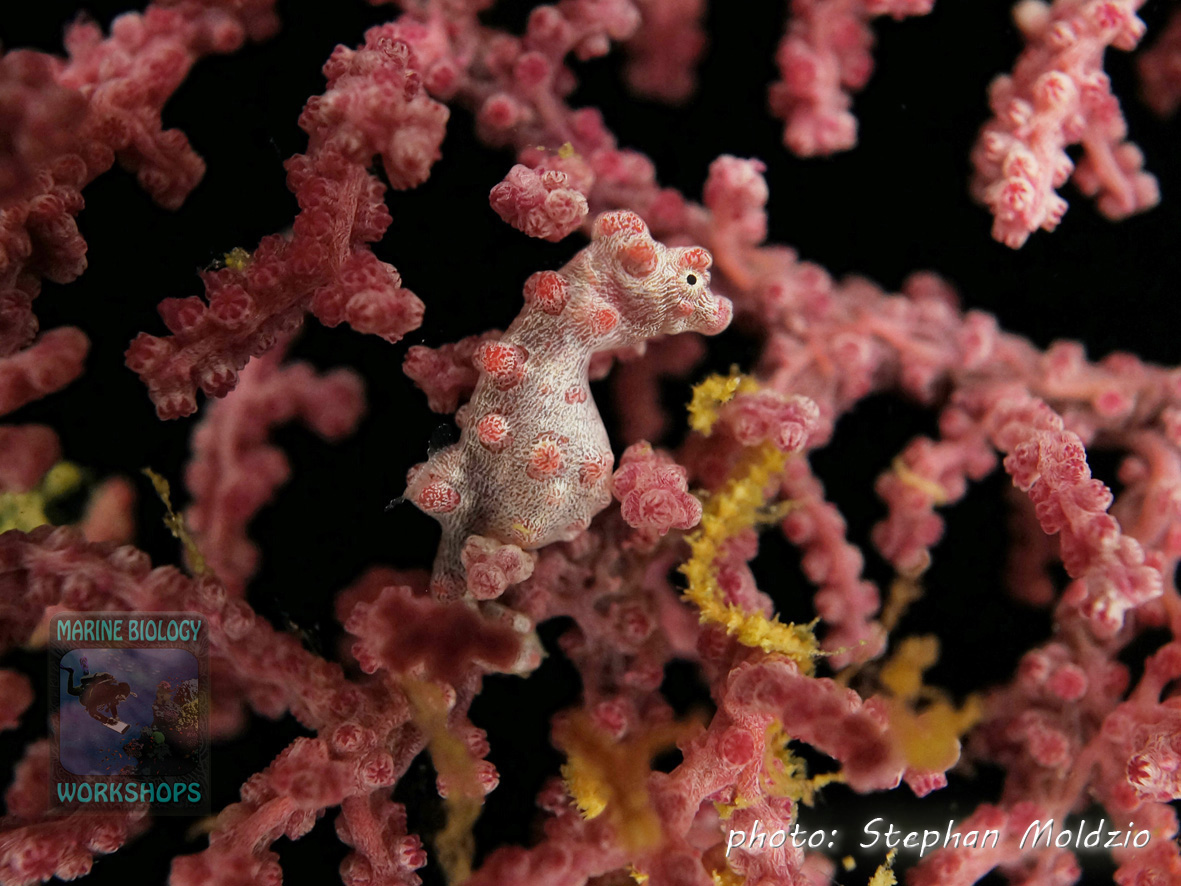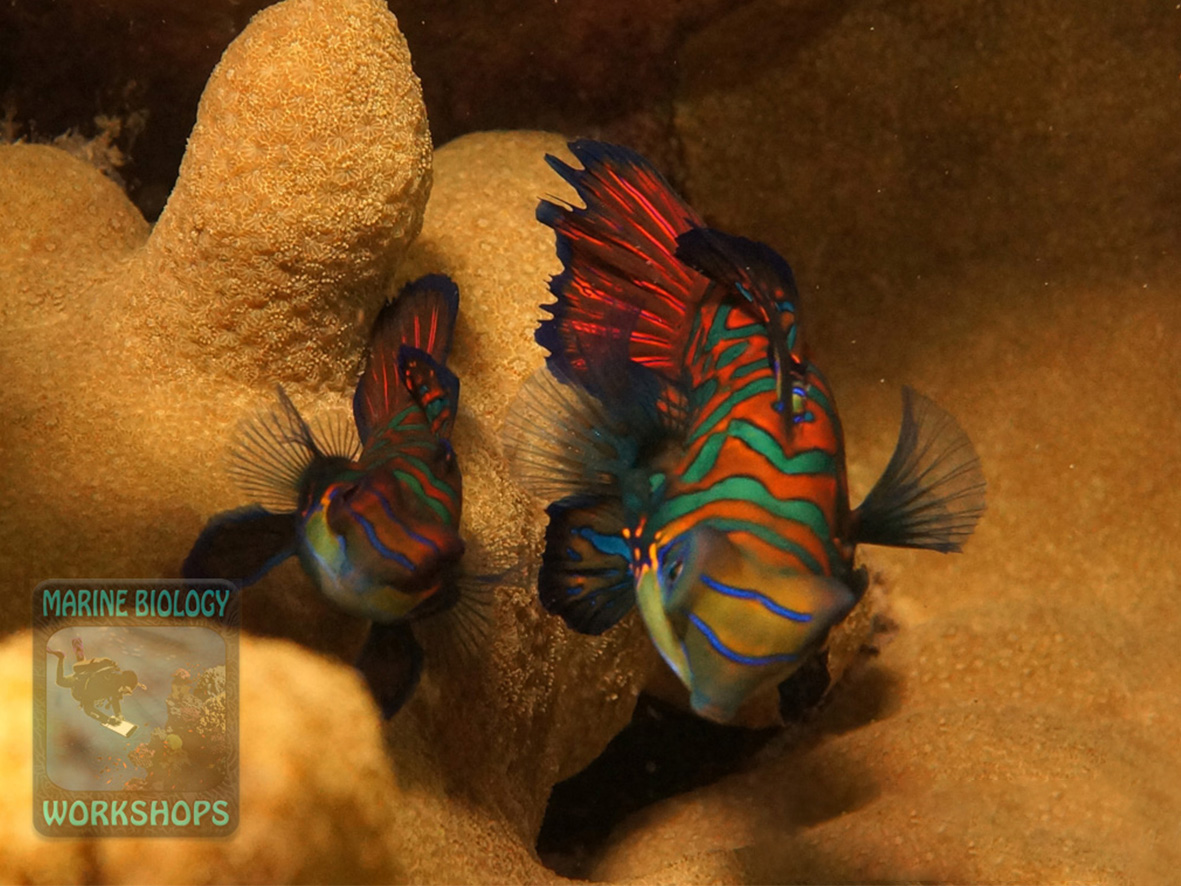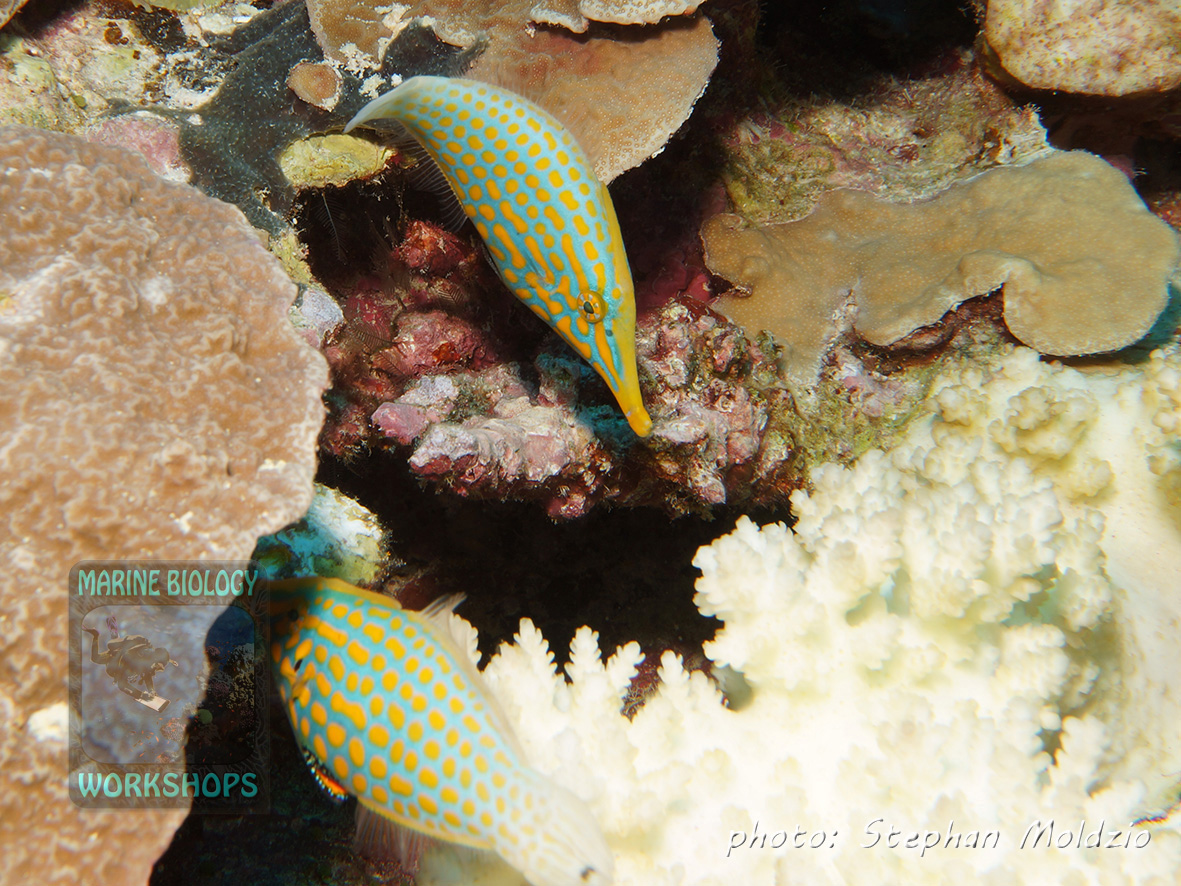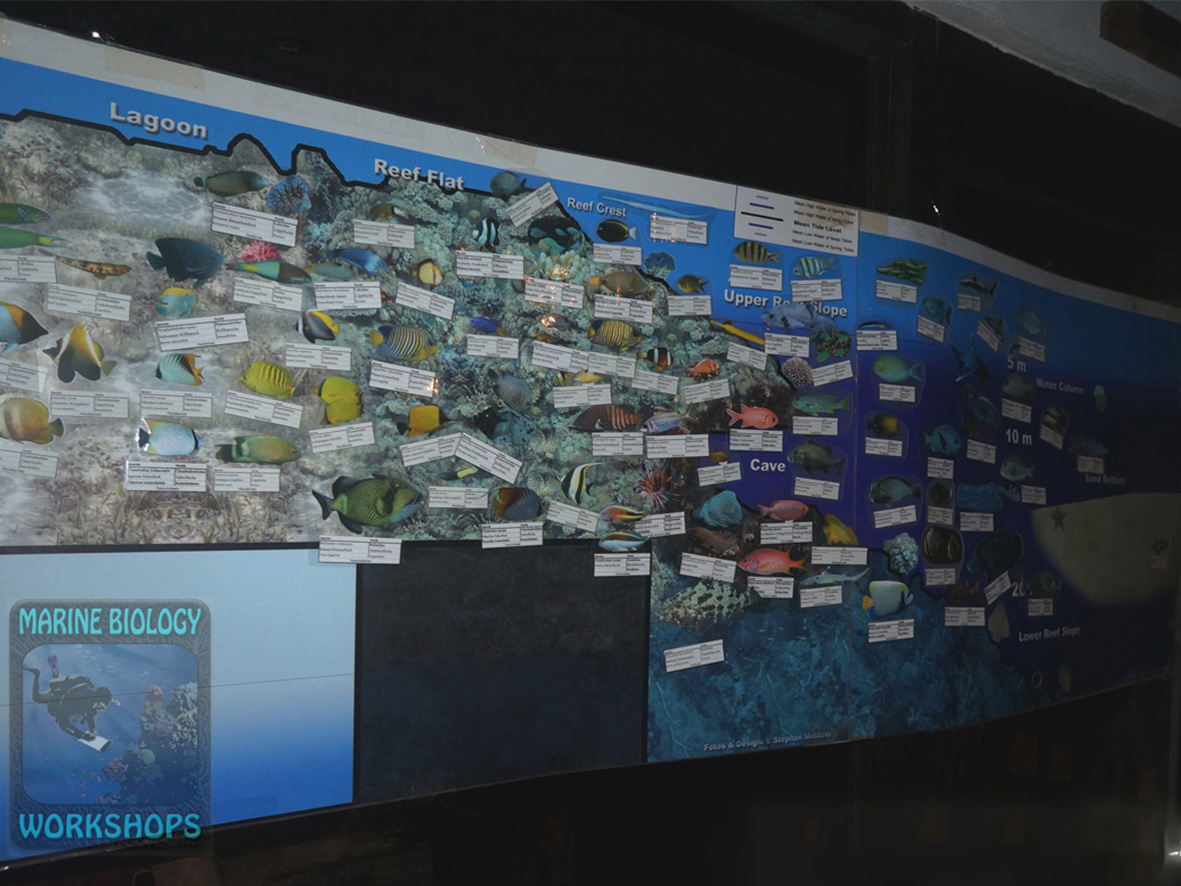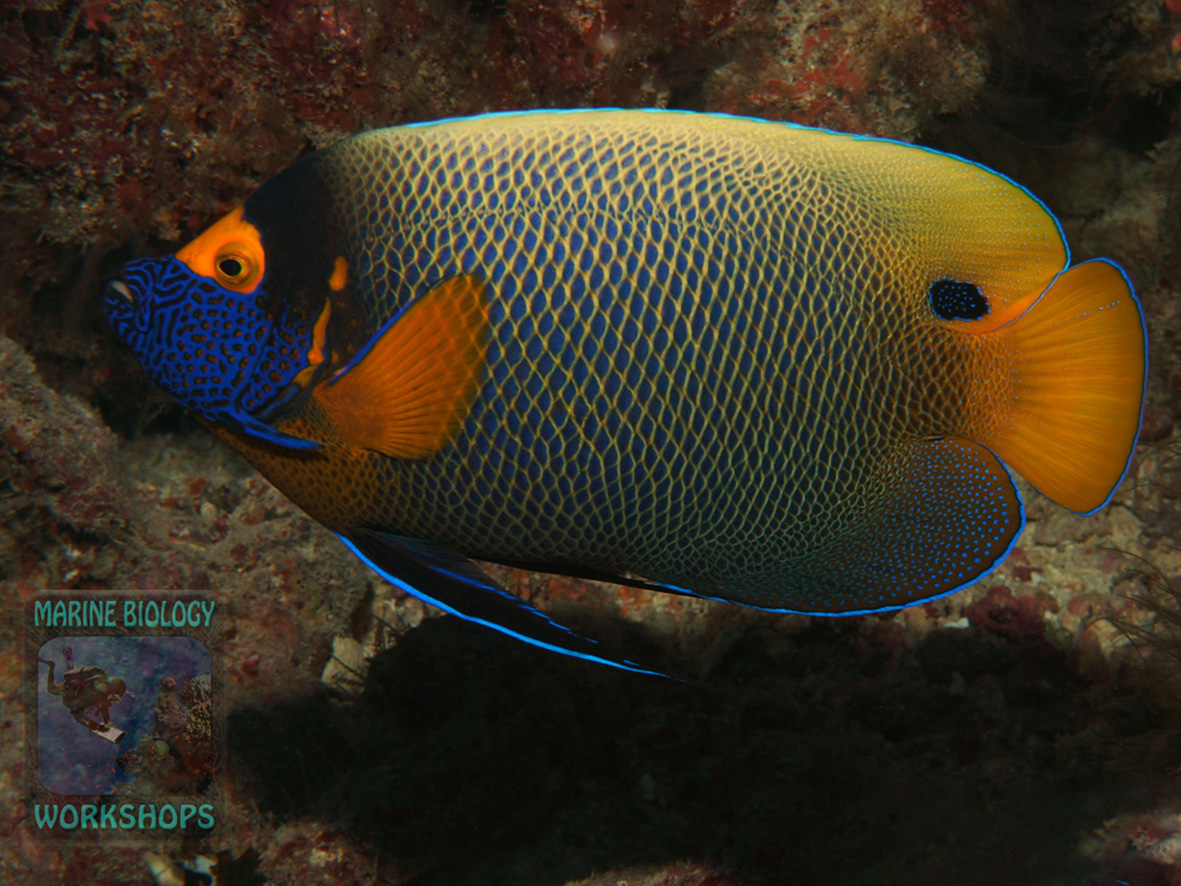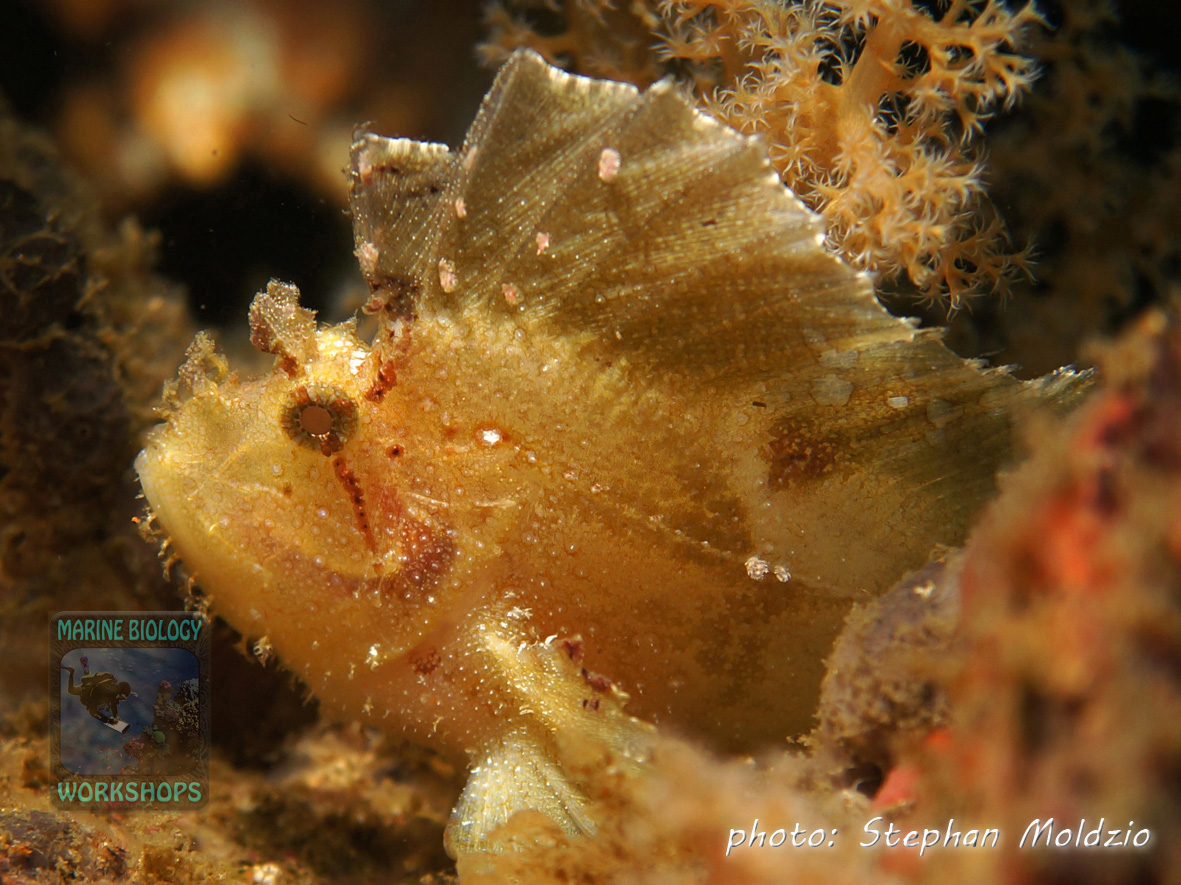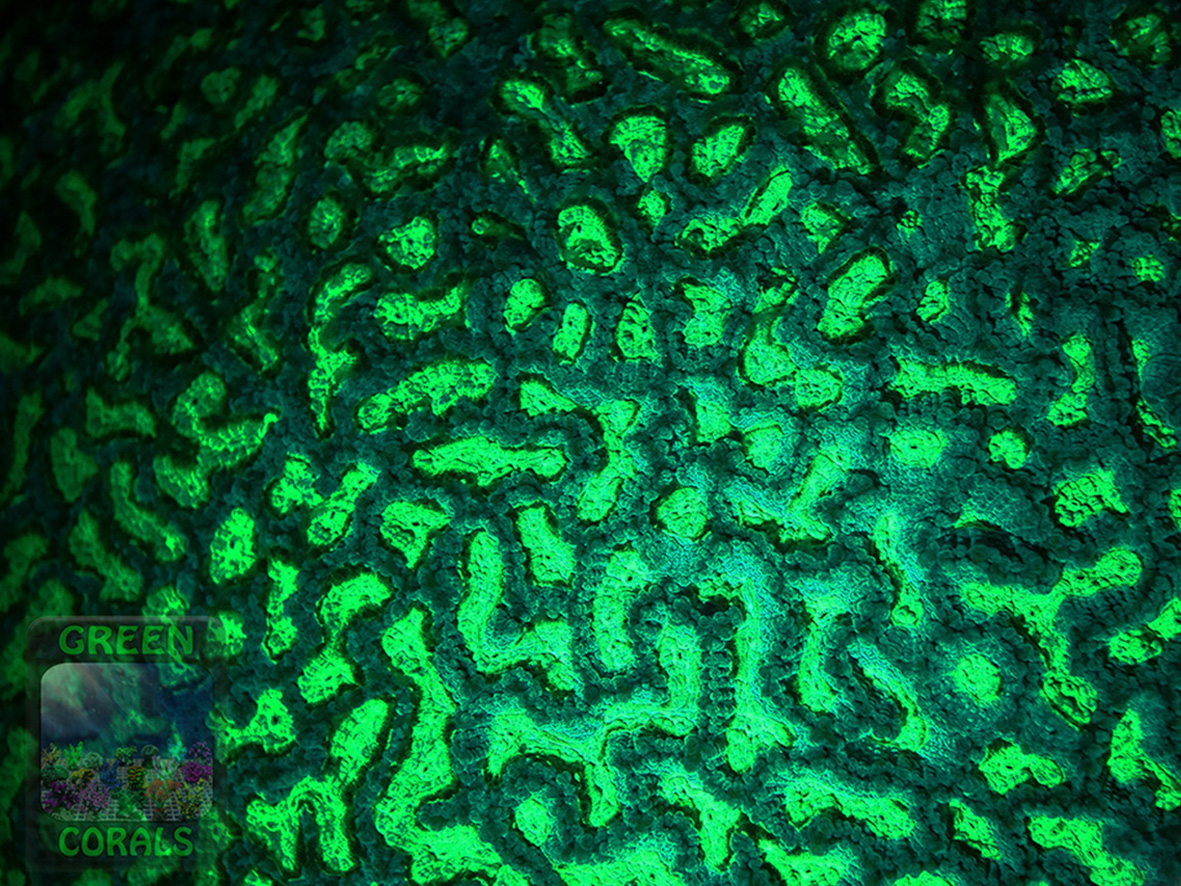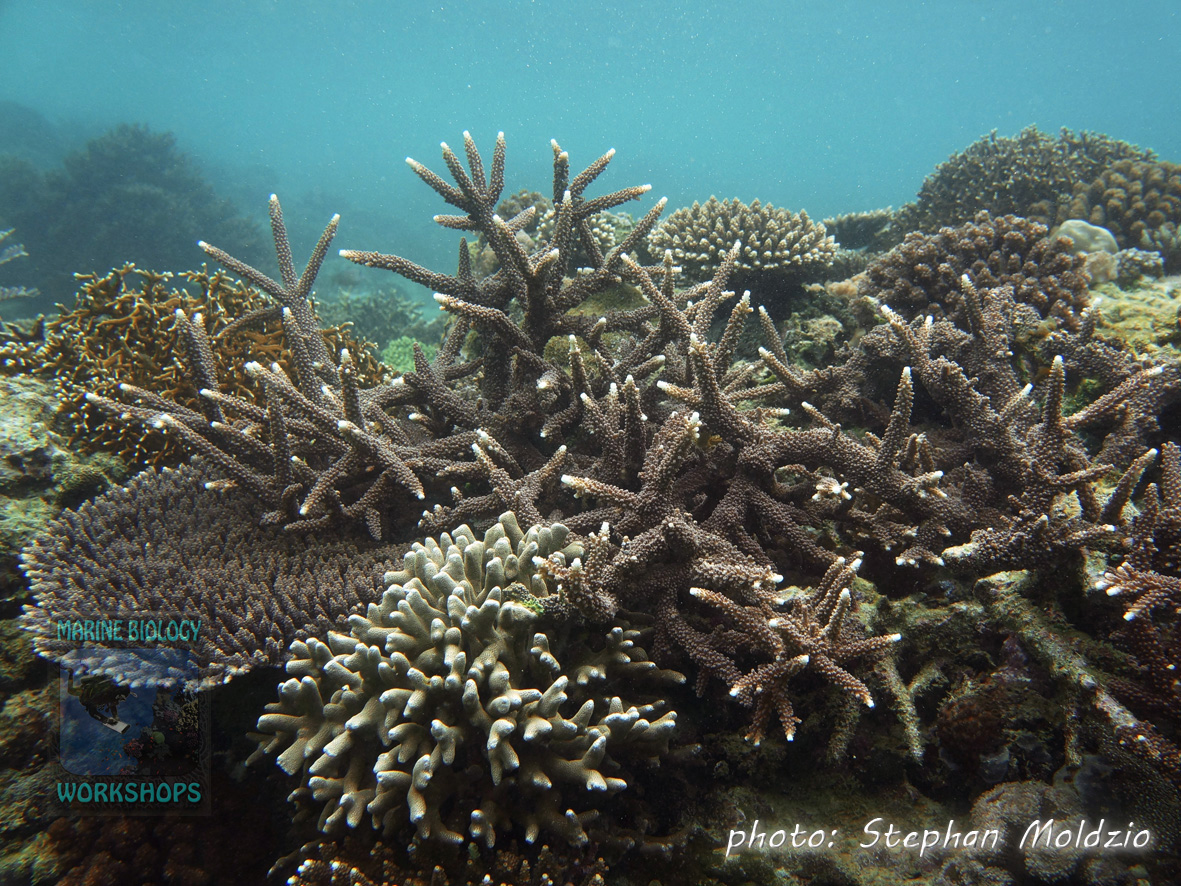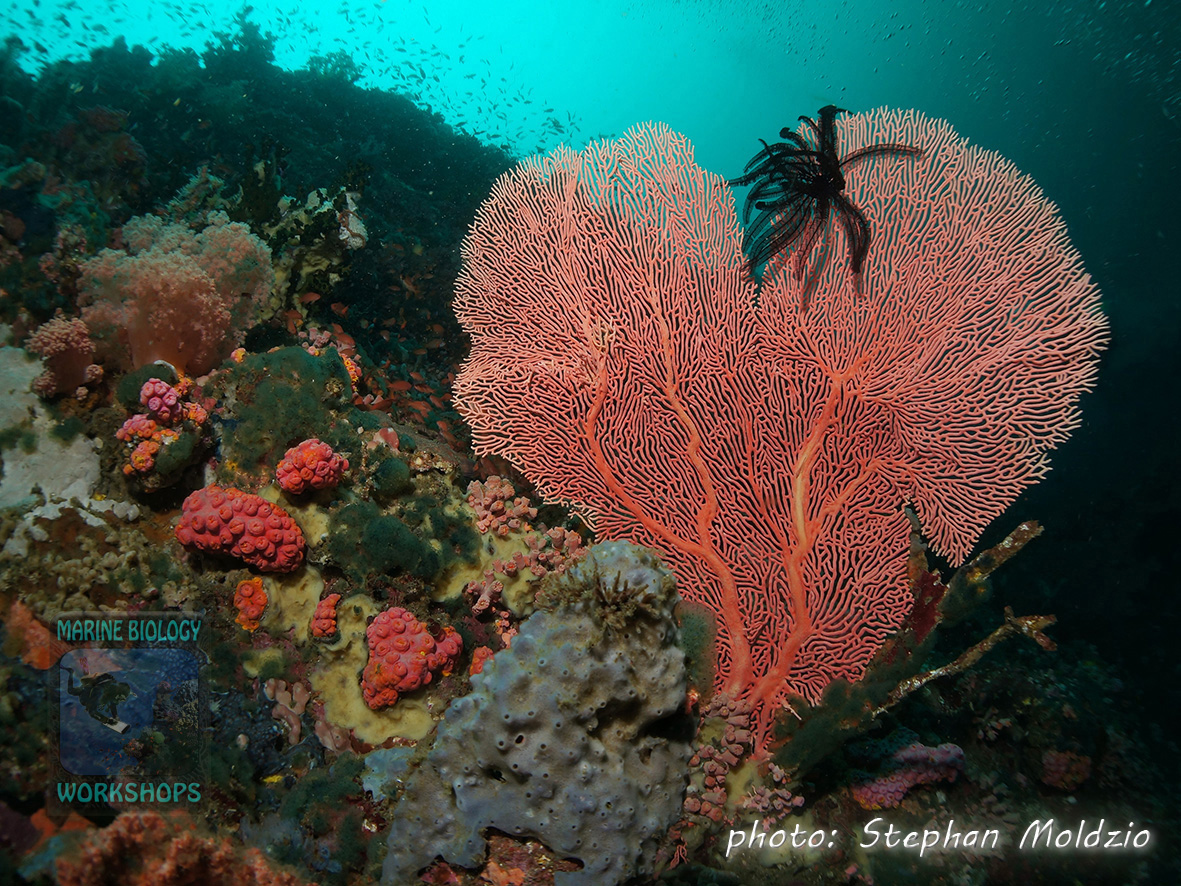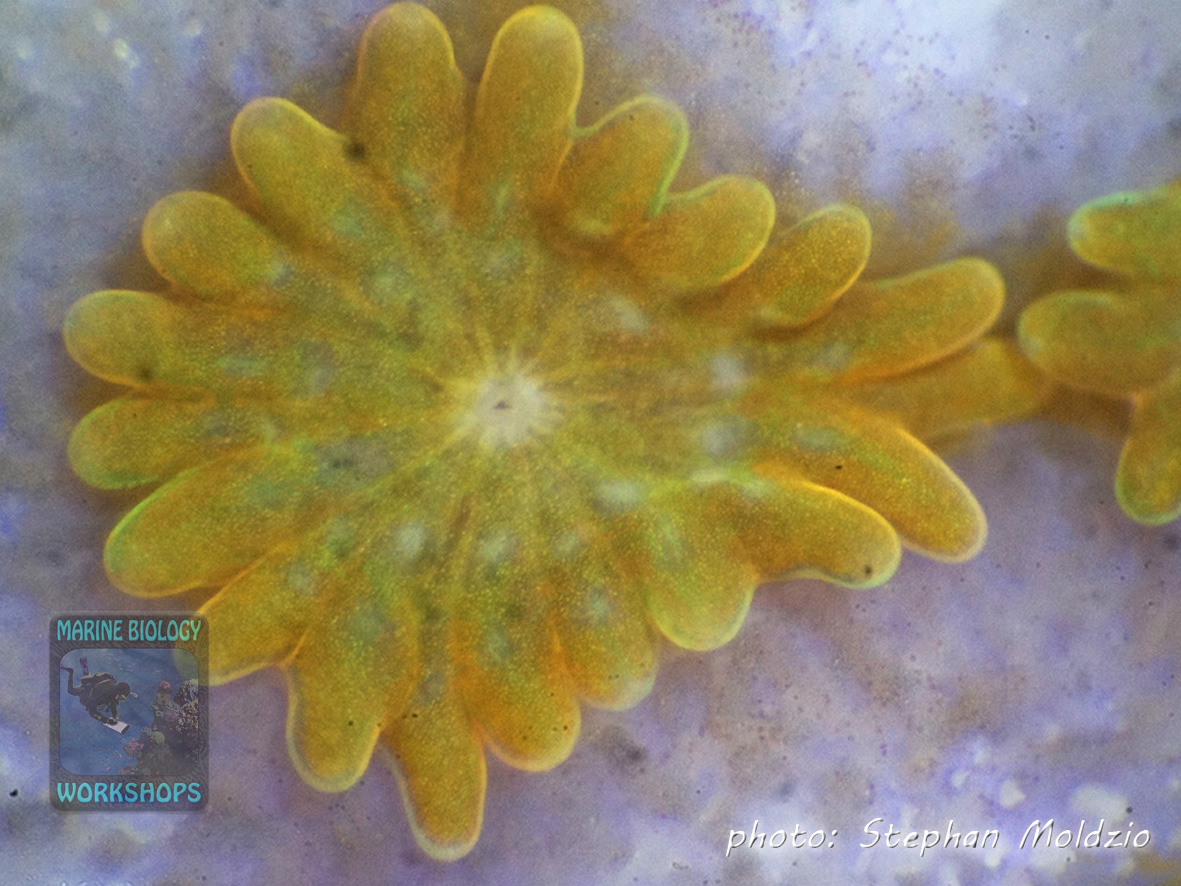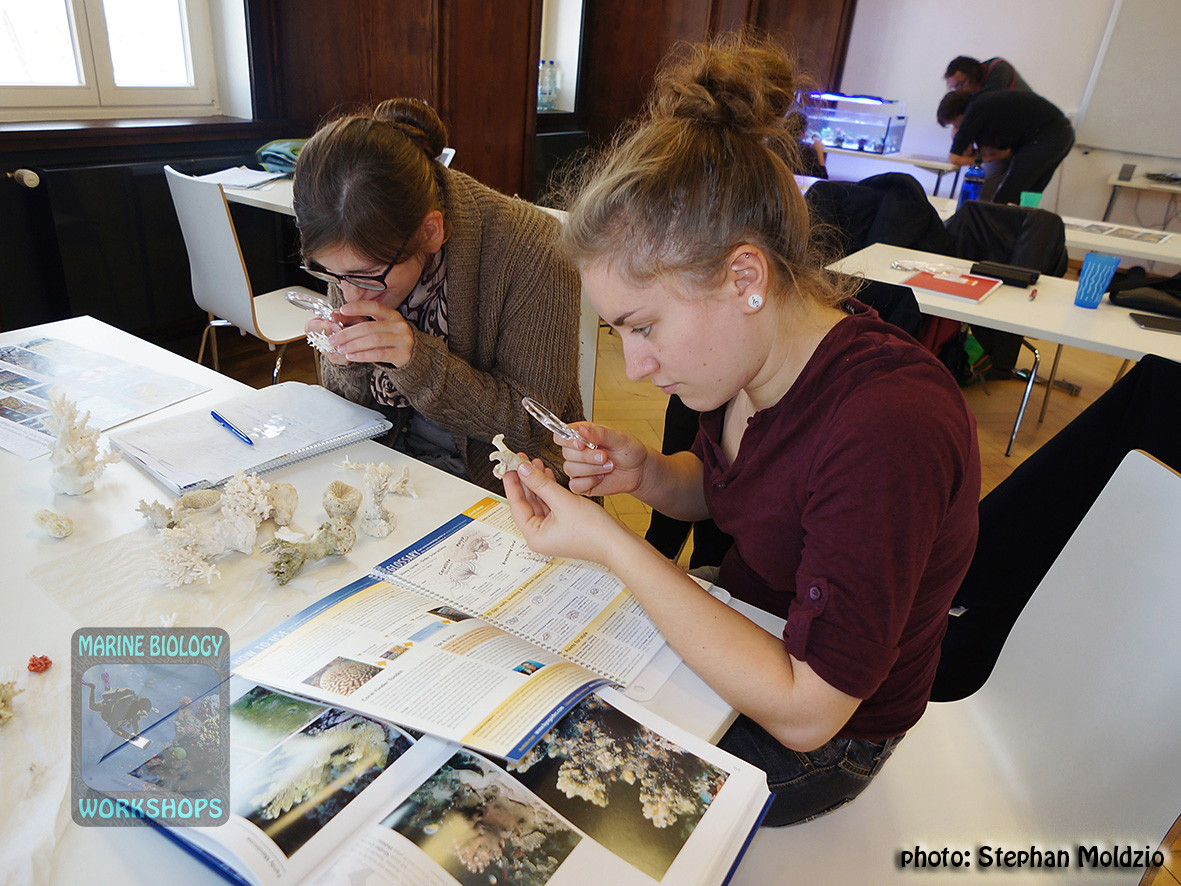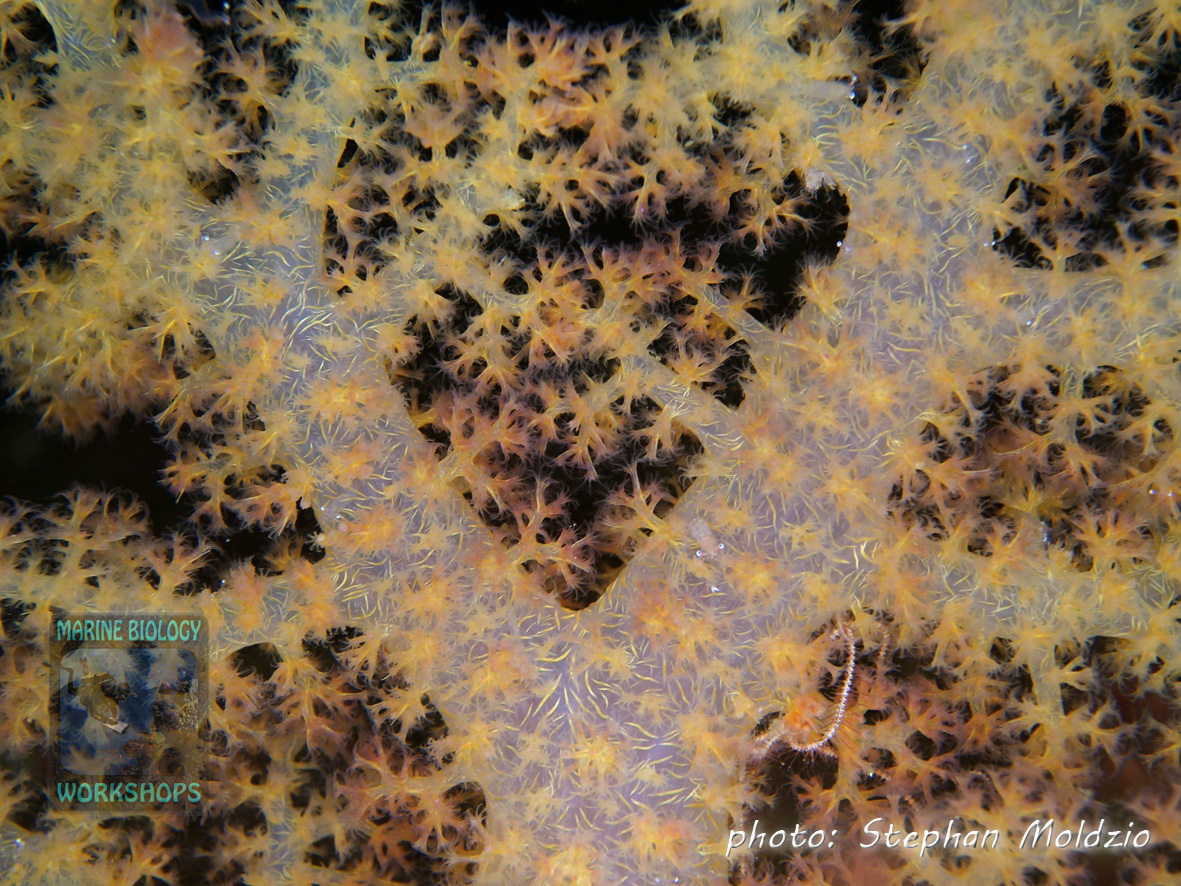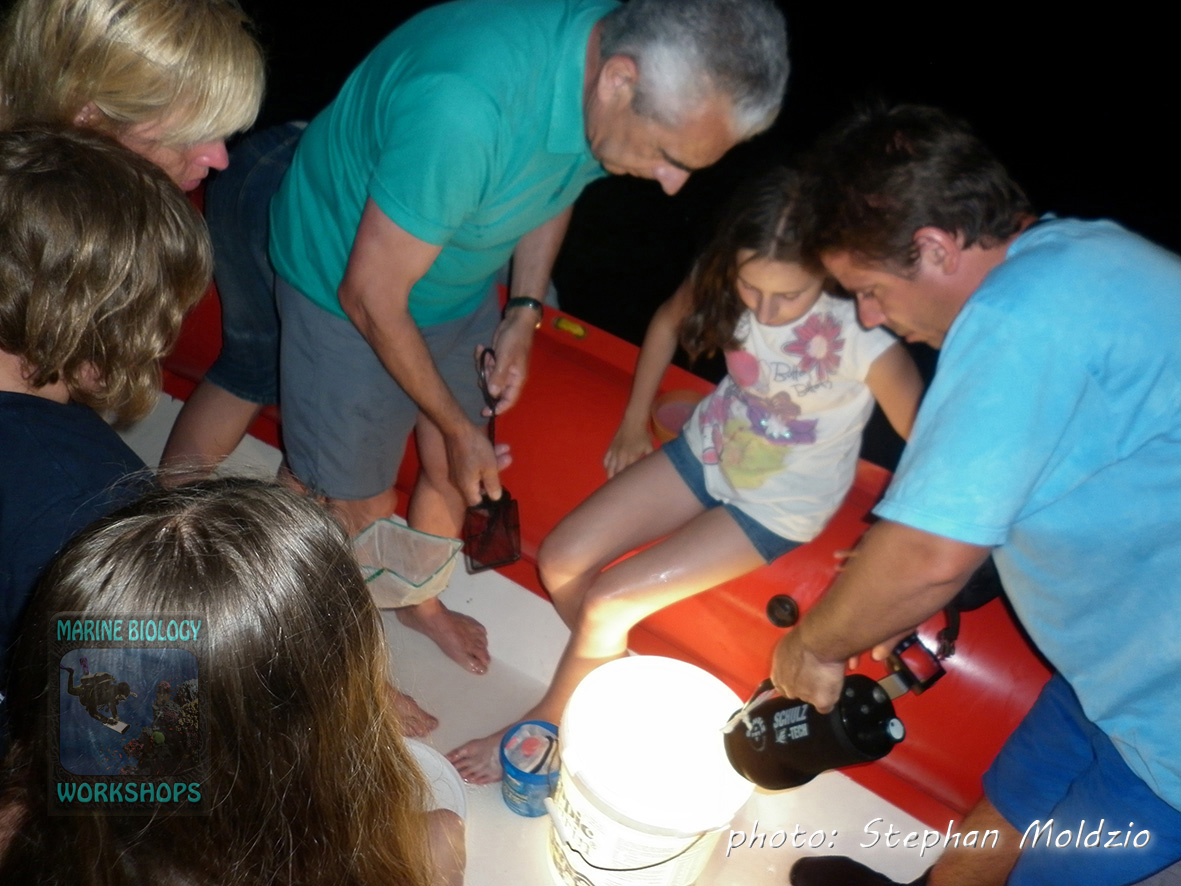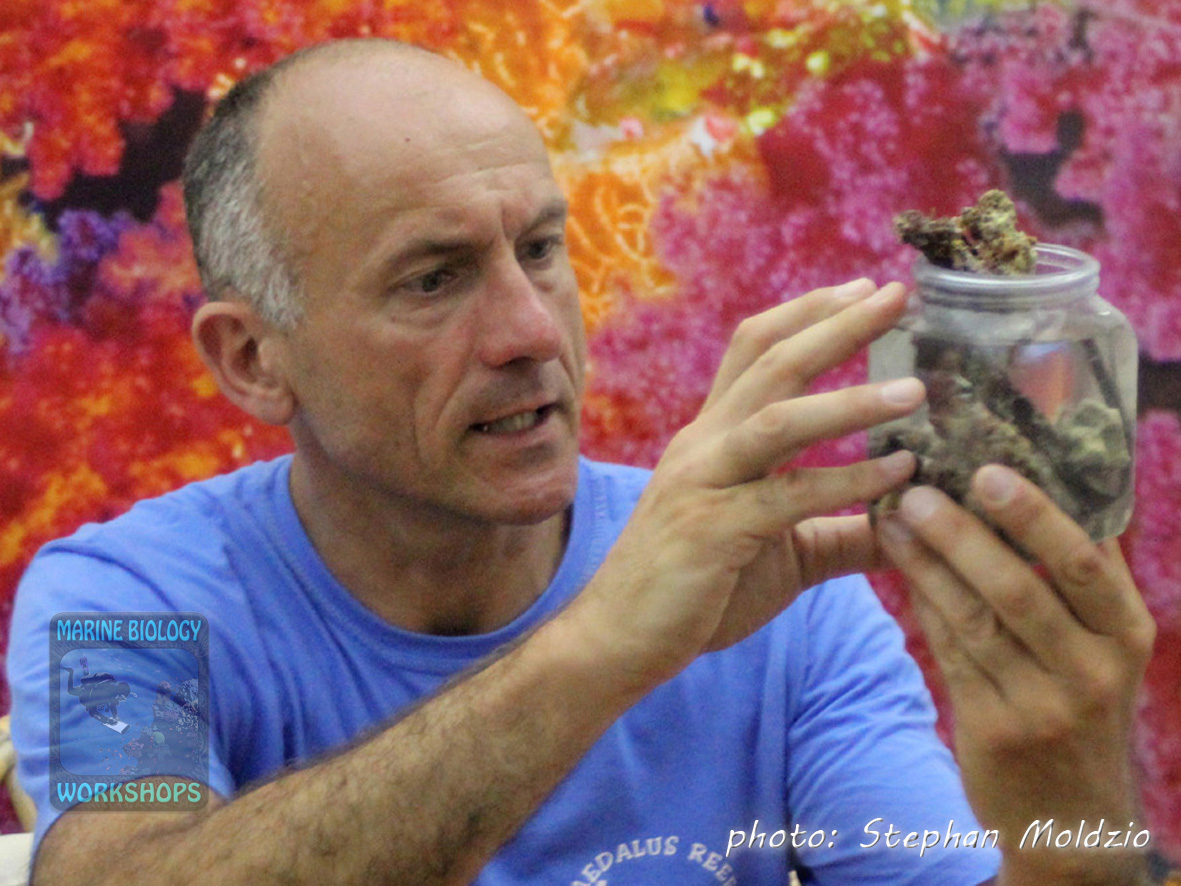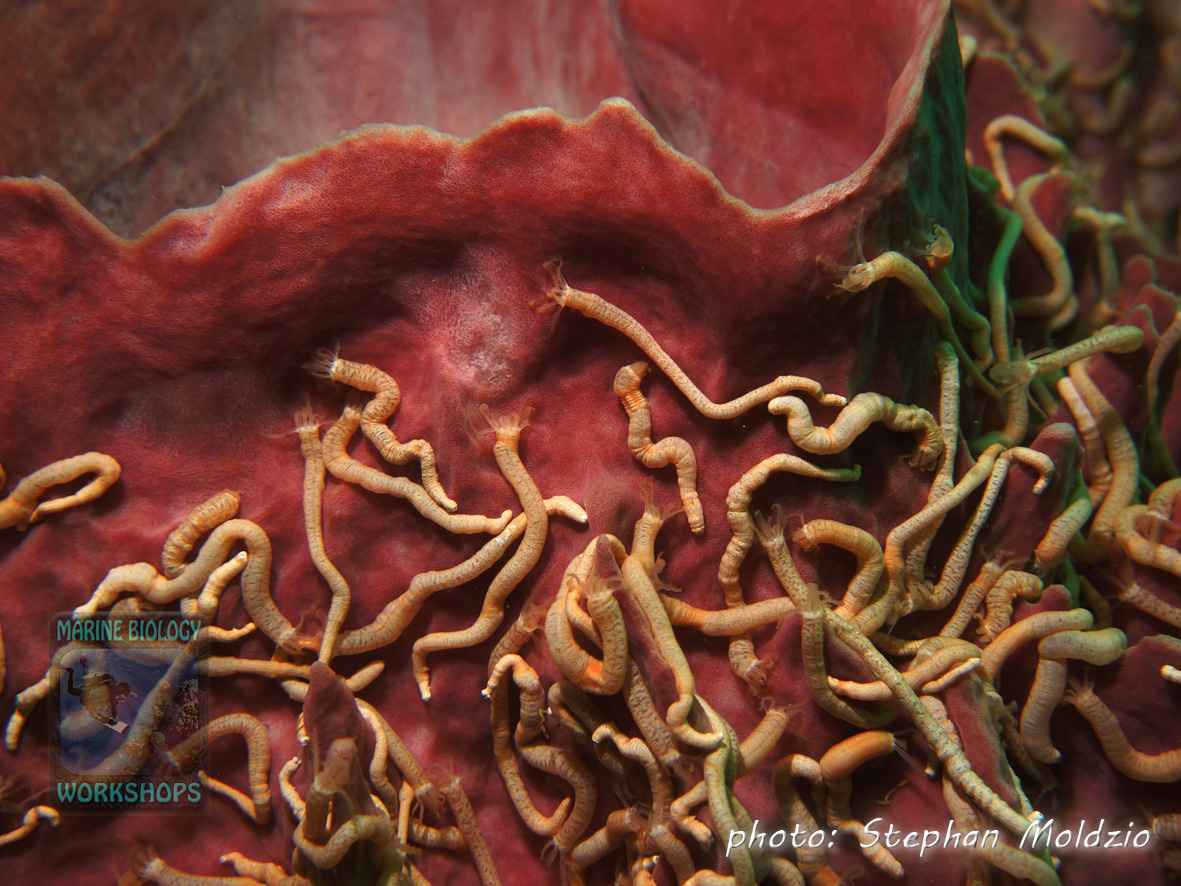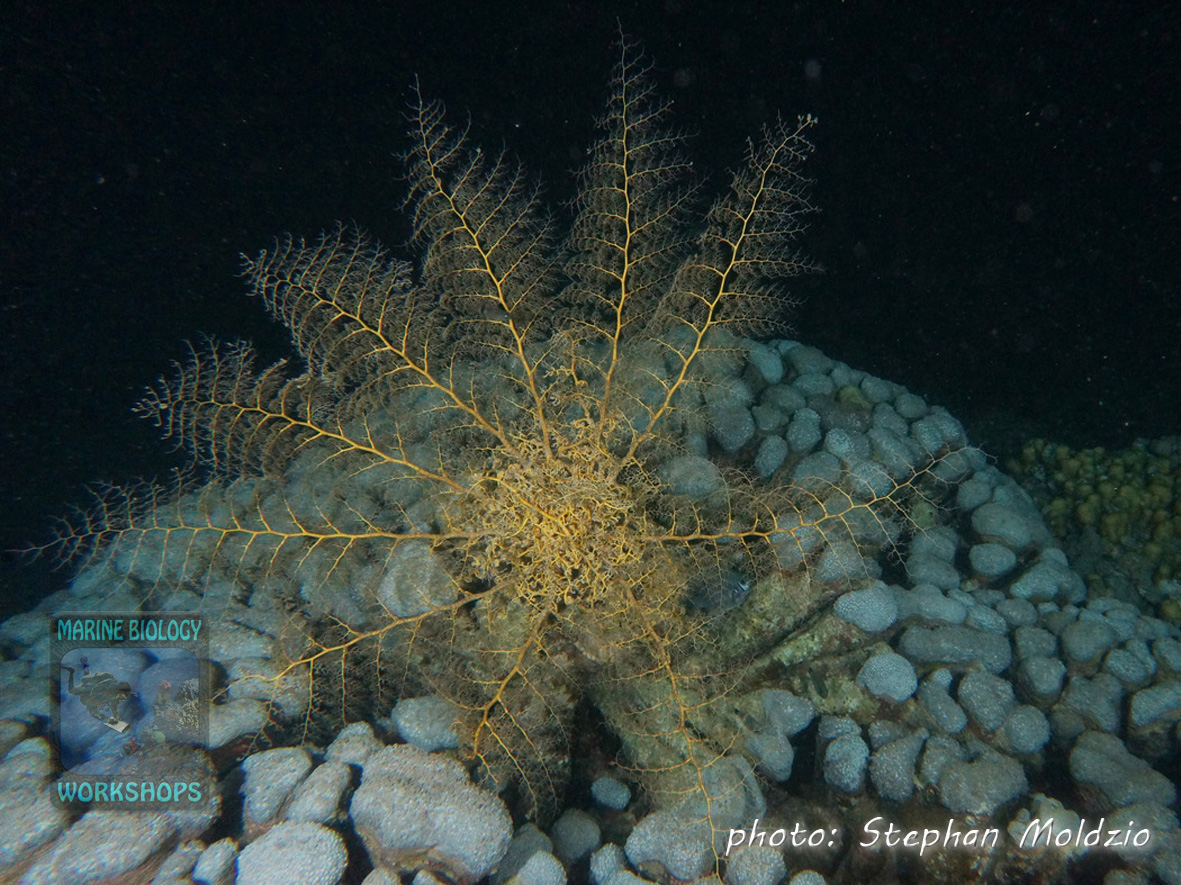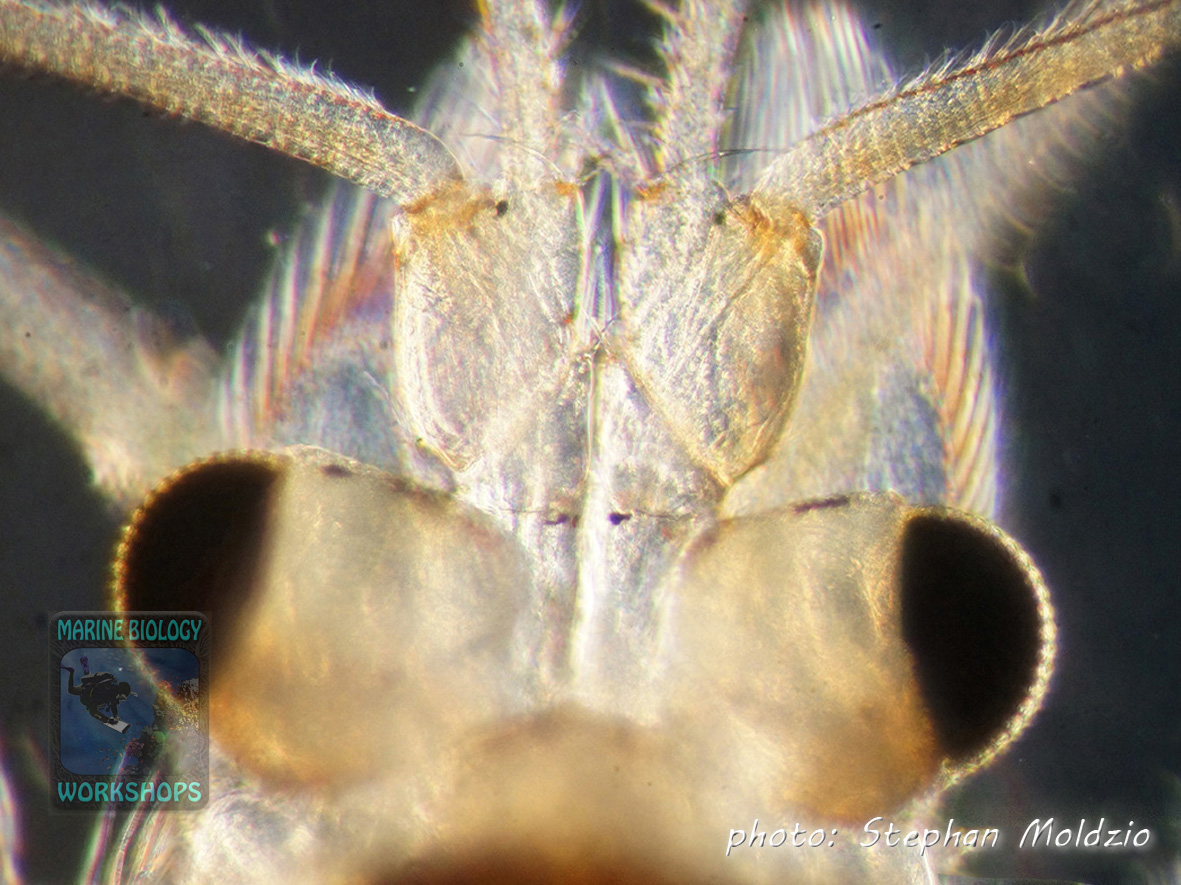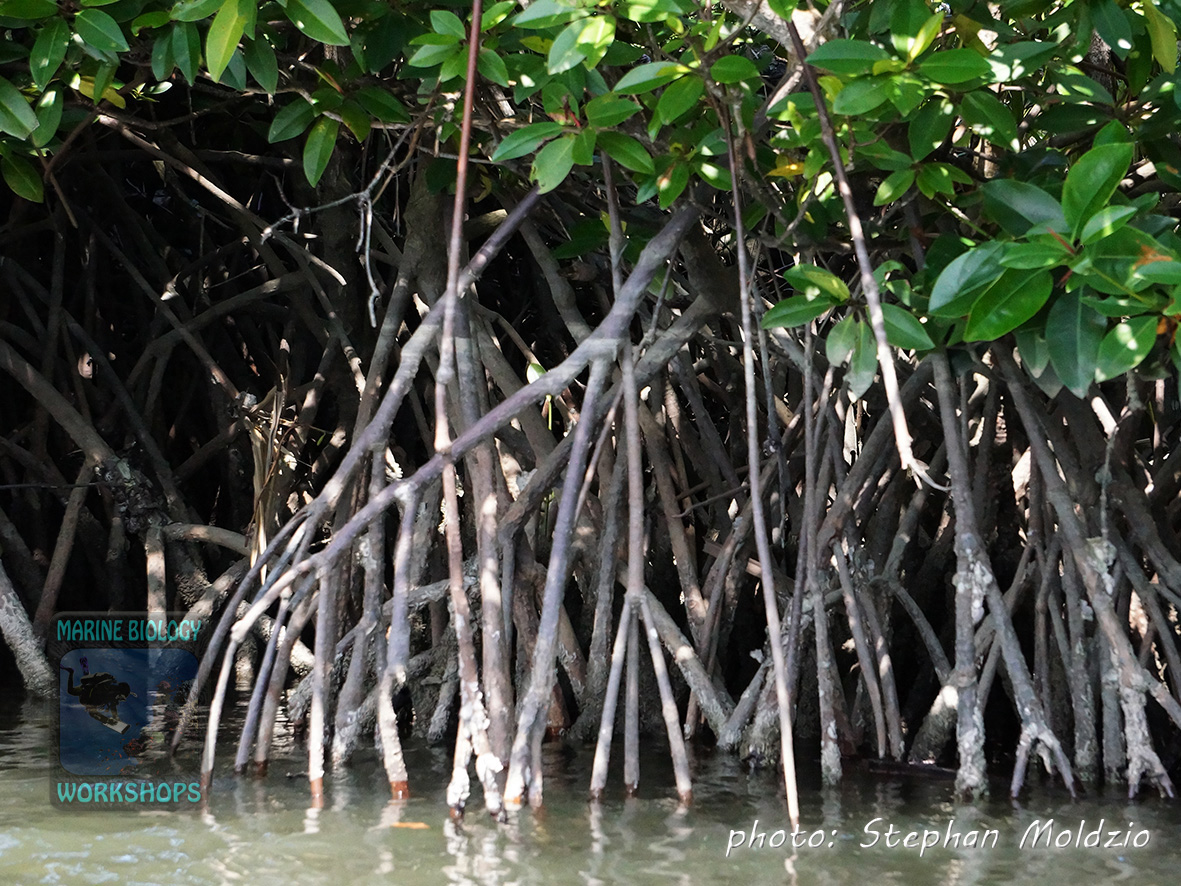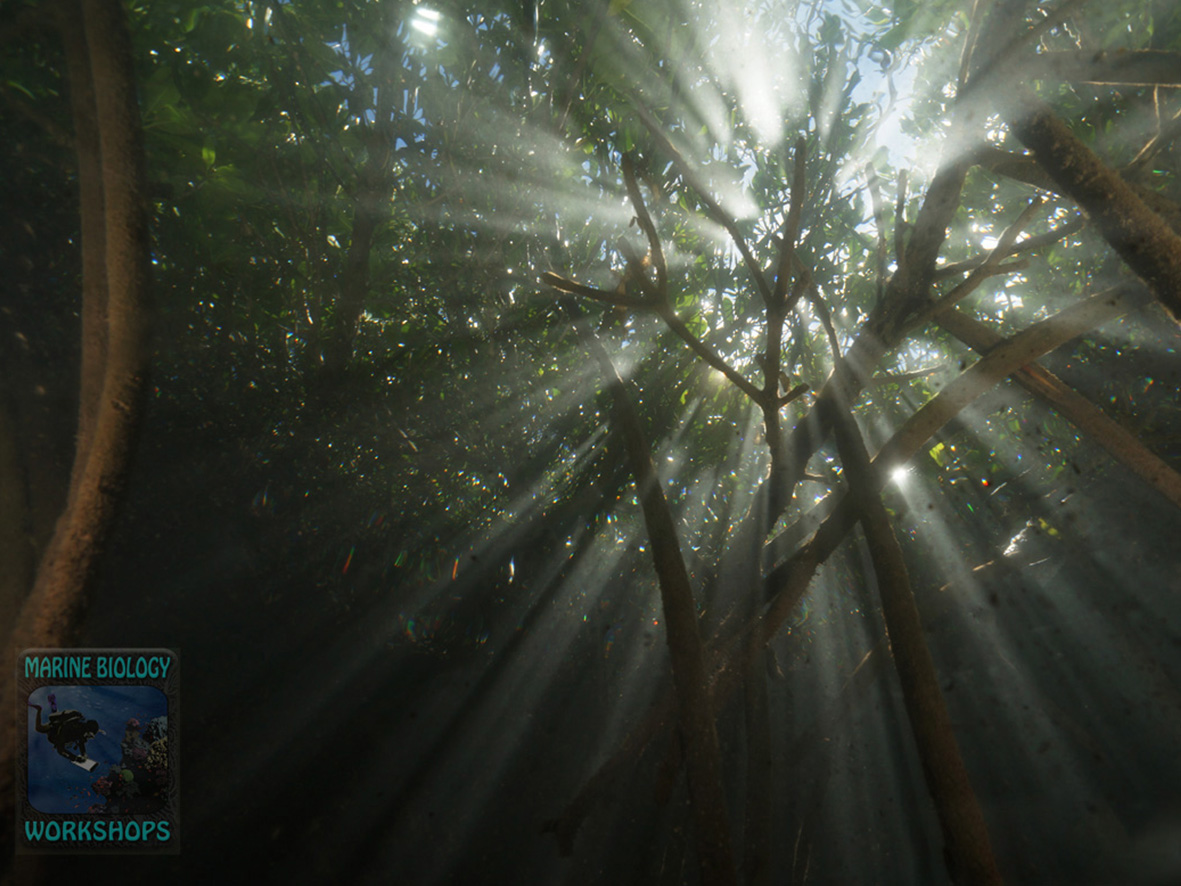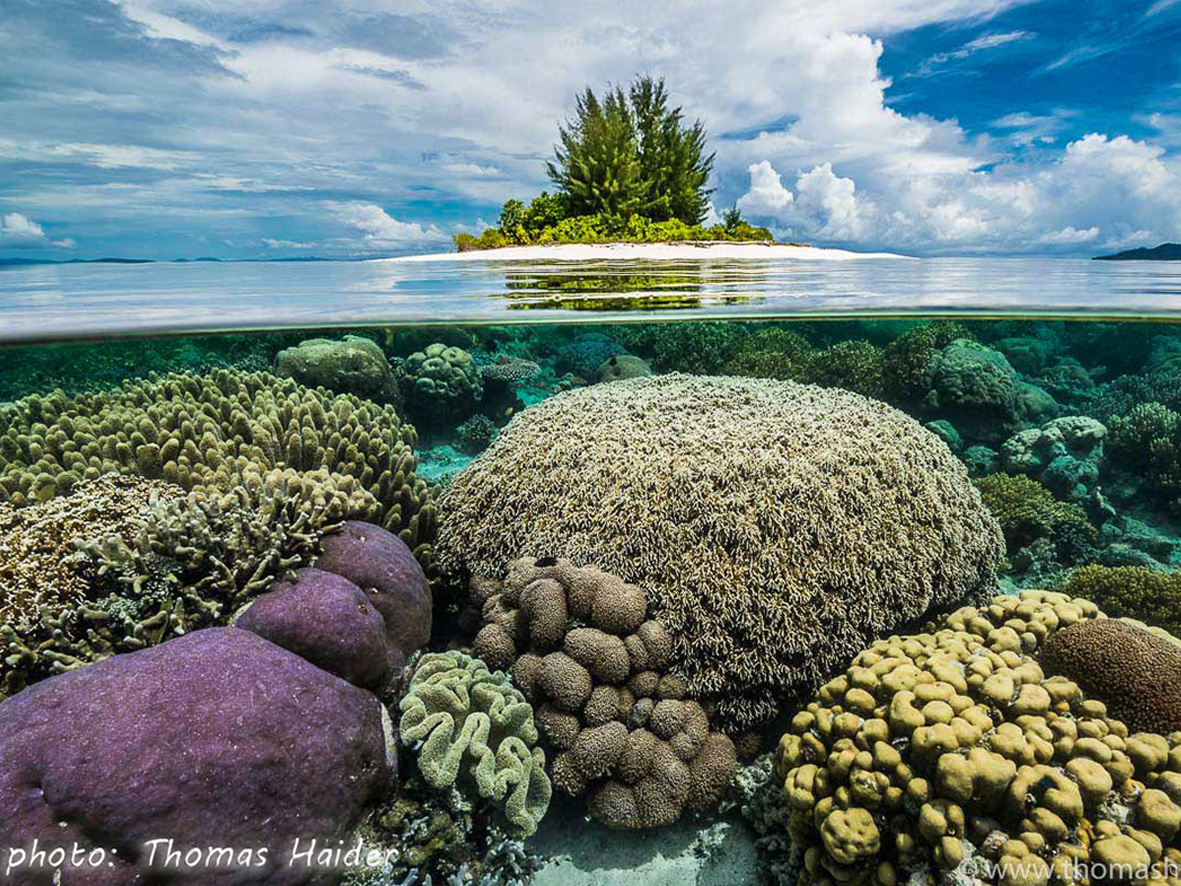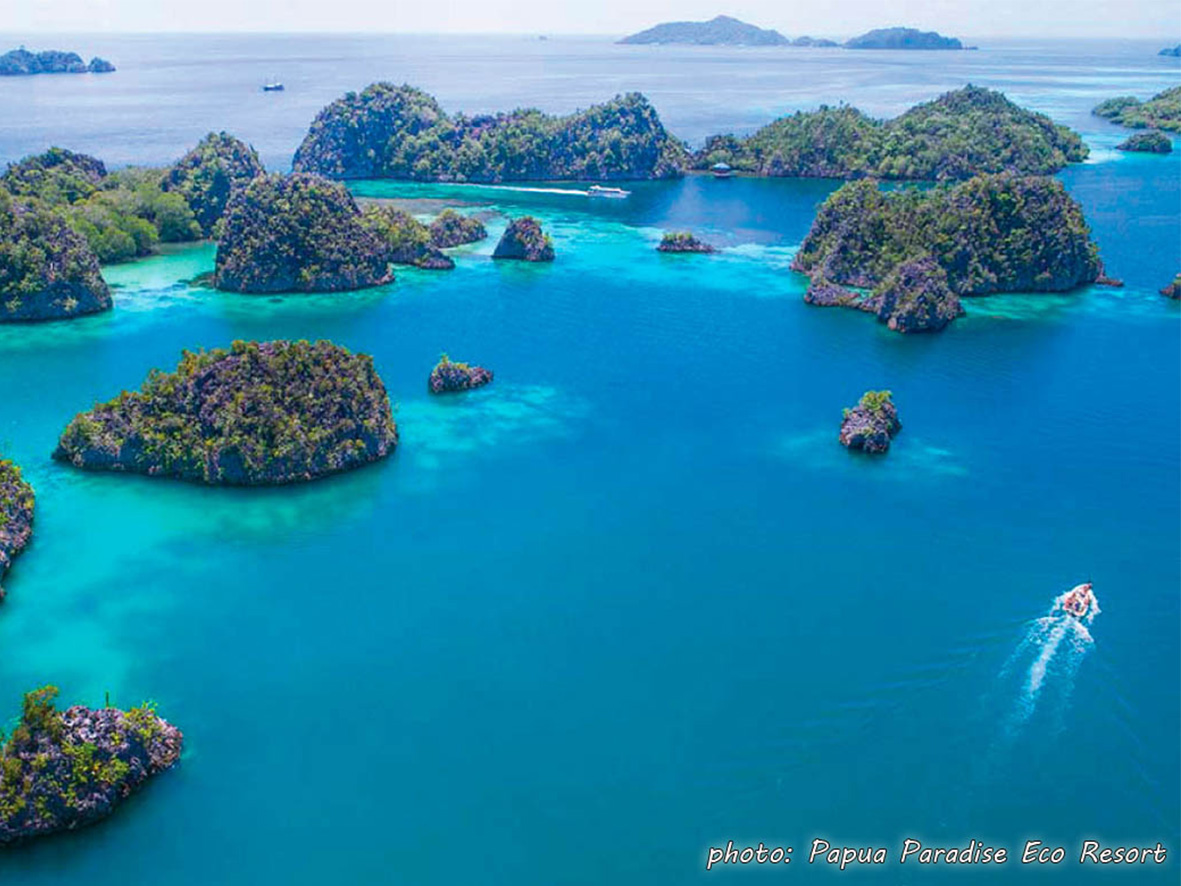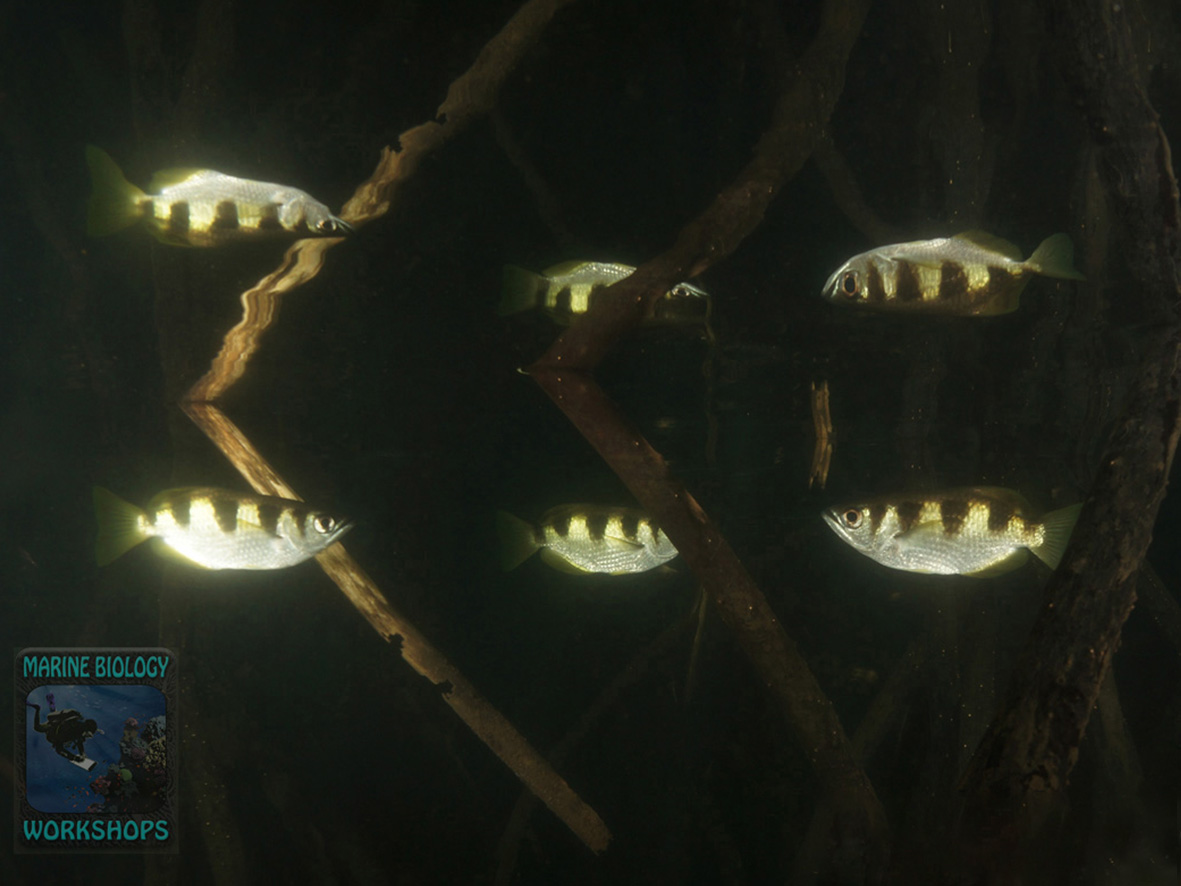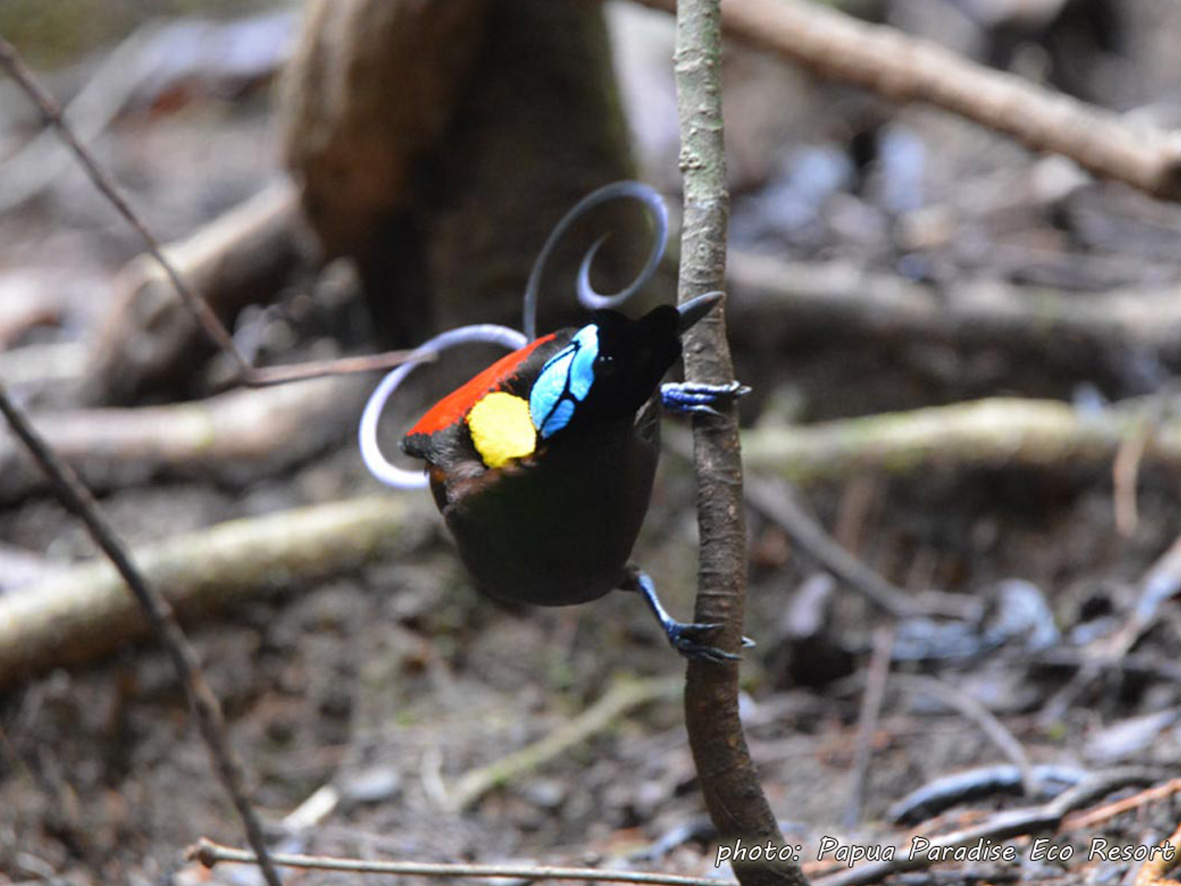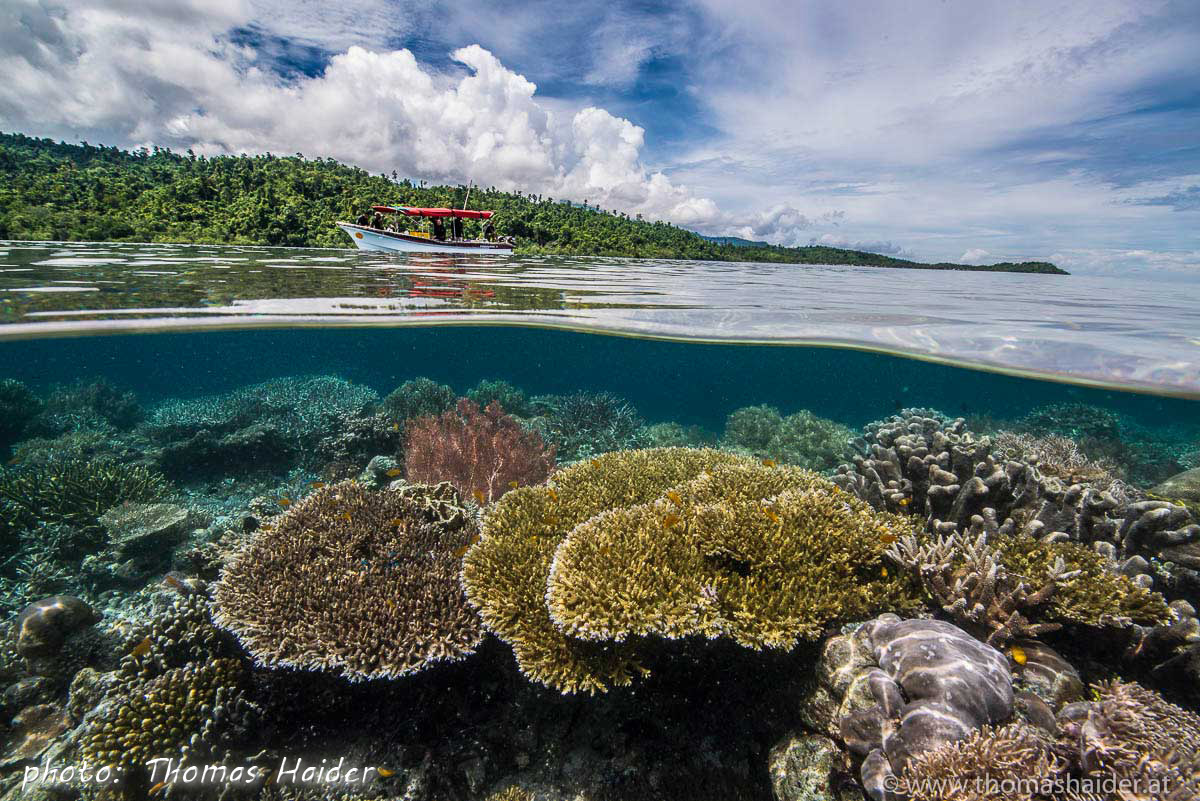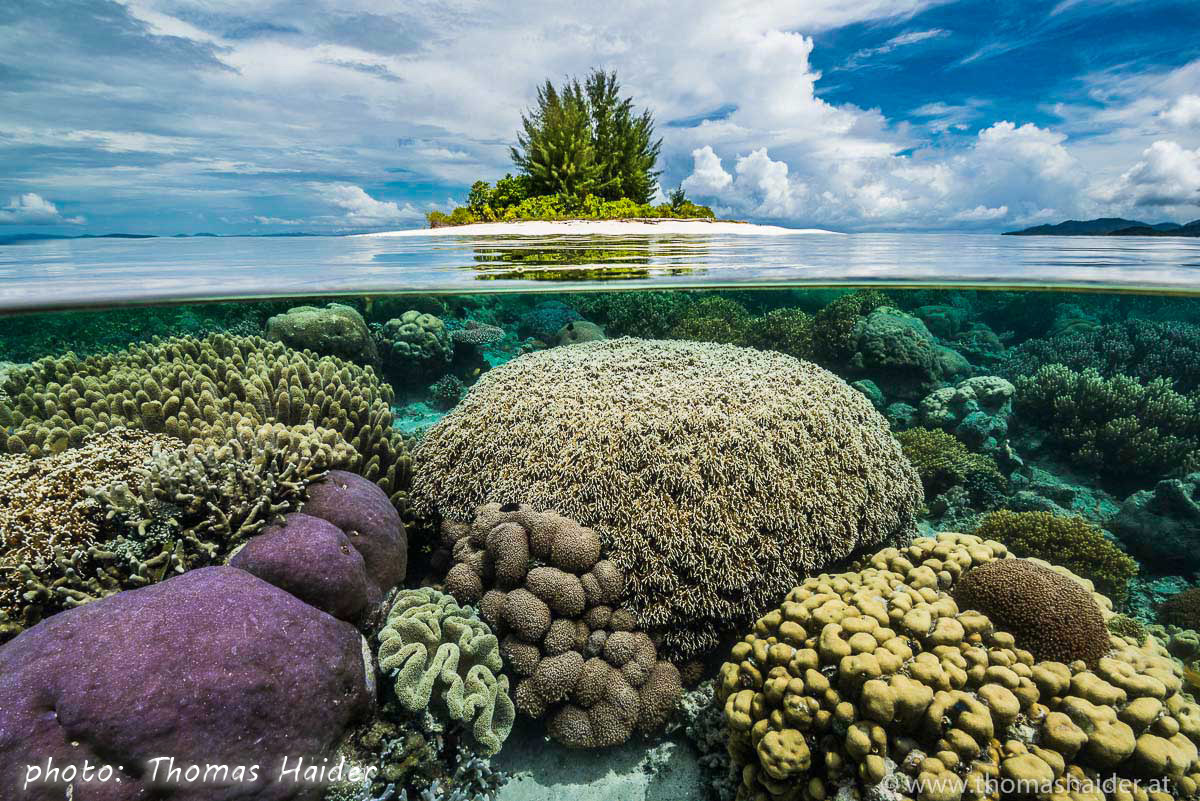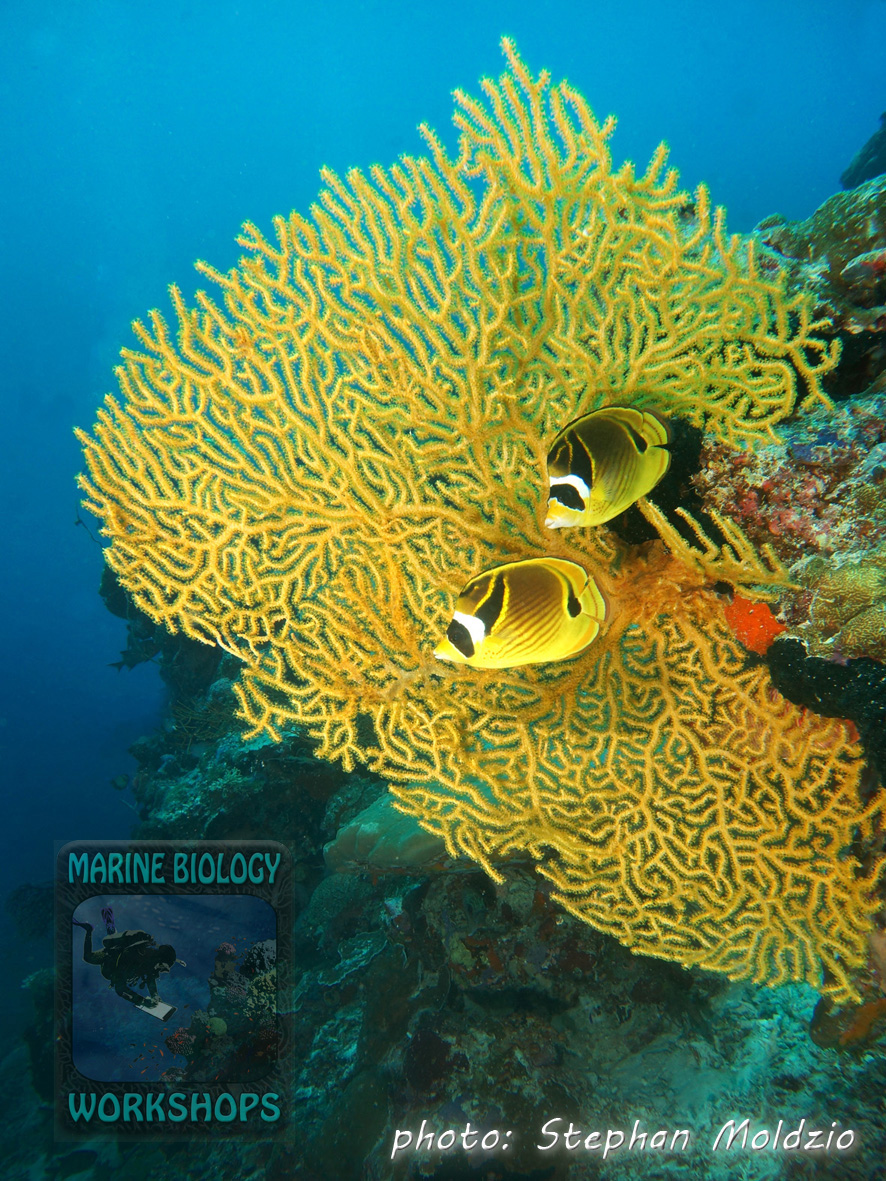Coral Reef Workshop neuer Termin!
Im Rahmen des CORAL REEF WORKSHOP werden vom 17.5 – 31.5.2025 im Papua Paradise Eco Resort auf der Insel Batanta/Indonesien vier verschiedene jeweils 2-tägige Workshops stattfinden. Kursleiter ist der Meeresbiologe Stephan Moldzio.
Im Zentrum der marinen Biodiversität erforschen wir in vier meeresbiologischen Workshops die Riffe von Raja Ampat:
* Probenahmen & Mikroskop-Sessions
* Fisch-, Korallen- und Wirbellosen-Bestimmung
* Die Zusammenhänge im Korallenriff erforschen
* Raja Ampat Special: Seegraswiese und Mangroven
Hier finden Sie das komplette Programm und den Reiseverlauf, sowie ein schönes Promo-Video von unserem Partner Tauchreiseveranstalter Aqua Active Agency.
FISCH – WORKSHOP – erste Woche
* Fische – ihre Familienmerkmale und Ökologie
* Fischartenliste, Umgang mit wissensch. Datenbanken
* geführte Tauchgänge
* Fisch – Präsentation & Quiz
* Workshopheft & Teilnahmebestätigung
KORALLEN – WORKSHOP – erste Woche
* Biologie der Korallen & Korallenbestimmung
* Korallenriffökologie, Nahrungsnetz, Meeresschutz
* geführte Tauchgänge & Fluoreszenz-Nachttauchgang
* Korallen – Präsentation & Quiz
* Coral Finder & Teilnahmebestätigung
WIRBELLOSEN-WORKSHOP – zweite Woche
* Probenahme Sandboden, Riffgestein und Plankton
* Mikroskop – Sessions & Wirbellosen-Bestimmung
* Zoologische Zeichnung
* geführte Tauchgänge
* Korallenriff – Präsentation & Quiz
* Workshopheft & Teilnahmebestätigung
RAJA AMPAT-WORKSHOP – zweite Woche
* Erkundung der Seegraswiese und der Mangroven
* Merkmale und Bedeutung dieser beiden Lebensräume
* Probenahme & Mikroskop – Sessions
* Zusammenfassung der Workshop-Ergebnisse & Abschluss
Kursinhalte
Beim FISCH – WORKSHOP beschäftigen wir uns mithilfe anschaulicher Methoden mit den Familienmerkmalen und Lebensweise der verschiedenen Riff-Fische. Bei insgesamt 4 speziell gebrieften Tauchgängen wird das Erlernte umgesetzt und vertieft. Die Fähigkeiten bei der Fischbestimmung werden weiterentwickelt.
Es wird mit wissenschaftlichen Datenbanken gearbeitet und eine Artenliste erstellt. Auch ein interessanter Vortrag zu den Fischen des Indopazifiks und ein Fisch-ID Quiz stehen auf dem Programm.
Nach einer spannenden Korallen-Präsentation geht es im KORALLEN – WORKSHOP intensiv um die Ökologie der Korallenriffe, Riffbildung und -erosion, Zonierung und die verschiedenen Rifftypen. Der „Indopacific Coral Finder“ ist das Werkzeug für die systematische Korallen–ID und die Teilnehmer werden am Ende in der Lage sein, jede Steinkoralle bis auf Gattungsniveau zu bestimmen.
Ein ästhetisches Highlight ist zum Abschluss der Fluoreszenz-Nacht-Tauchgang.
Auch der WIRBELLOSEN-WORKSHOP zu Beginn der zweiten Woche dreht sich weiter um die Ökologie der Korallenriffe: Nahrungsnetz, Räuber-Beute Beziehungen, Parasitismus und Symbiosen, funktionelle Gruppen wie etwa Algenfresser, die heutigen Bedrohungen der Korallenriffe und Umweltschutz.
Es werden Proben von Kleinlebewesen im Riff, im Sand und in der Wassersäule genommen, mit anschließender Untersuchung unter dem Stereomikroskop.
Mit genauem Blick auf die Baupläne der verschiedenen Organismengruppen wird eine zoologische Zeichnung angefertigt.
Beim RAJA AMPAT-WORKSHOP werden die angrenzenden Lebensräume der Seegraswiese und der Mangroven erkundet und die vielschichtigen Zusammenhänge und deren immense Bedeutung für die Korallenriffe erarbeitet.
Ein unvergesslicher, meeresbiologischer Aktivurlaub im Zentrum der marinen Biodiversität!
Zu Beginn der Workshops erhält jeder Teilnehmer ein interessantes Workshop-Heft und am Ende eine Teilnahmebestätigung über die Kursinhalte. Mithilfe verschiedener anschaulicher Methoden und in Teamarbeit erarbeiten wir uns die Zusammenhänge, so dass jeder Teilnehmer zu dem gemeinsamen Ergebnis beiträgt. An vier Abenden gibt es Vorträge zu verschiedenen Themen rund ums Korallenriff. Kursleiter ist der Meeresbiologe Stephan Moldzio.
Teilnahmevoraussetzungen
Die Workshops sind geeignet für Taucher UND Schnorchler UND Nicht-Taucher.
Es sind keine Vorkenntnisse erforderlich. Die vier Kurse bauen aufeinander auf.
Die Workshops richten sich an alle Kenntnisstufen, vom „Einsteiger“ bis zum „Profi“.
Das Mindestalter ist 10 Jahre. Sprache im Kurs: Deutsch und Englisch
Die ganze Reise kann bei unserem langjährigen Partner und Tauchreise-Veranstalter Aqua Active Agency gebucht werden. Weitere Informationen über Buchung, Reise, Unterkunft, Tauchen und Workshops können hier angefragt werden:
Buchung und Reiseinformation:
Aqua Active Agency
Eichsfeldstr. 46
37136 Seeburg
Telefon: +49 (0) 5507 – 919 818 0
E-Mail: info@aquaactive.de
Internet: www.aquaactive.de
Unterkunft und Tauchen:
Papua Paradise Eco Resort
Arefi, Birie island, Arefi, Selat Sagawin, Kabupaten Raja Ampat, Papua Bar. 98484
Telephone::
0062 813-3929-2008– Reservations
0062 812-4011-9898 – Guest Service
E-Mail: info@papuaparadise.com
Internet: www.papuaparadise.com
Workshop Information:
Stephan Moldzio, Diplombiologe
E-Mail: info@marinebiologyworkshops.de
Mobil: +49 (0) 151 12721681 (auch WhatsApp)
Internet: www.greencorals.de
